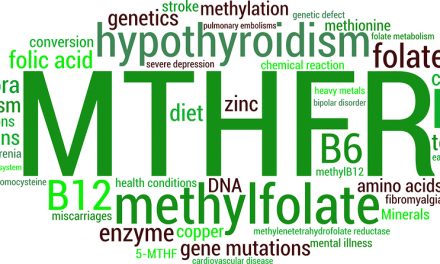Why Breast Cancer Survivors Should Avoid Late Night Eating
A new study published in JAMA Oncology, found that, “fasting less than 13 hours between dinner and breakfast was associated with an increased risk of a breast cancer recurrence (36 percent) in women with an early stage of the disease.” The study examined data from more than 2,400 women with early-stage cancer, between ages 27 and 70 at the time of diagnosis.
The study, led by Ruth Patterson from the University of California in San Diego, believes the study was the first, involving humans, to look at the association between night fasting and cancer outcomes. Given the results that the team found it seems that may be the simplest way to reduce the risk of recurrence. Now, it’s not the only thing one should do, but it’s a simple and sustainable starting point.
This study seems to confirm that sleeping more and fasting longer are good for health, something the holistic community has been saying for a long time. And Patterson says there may be a number of reasons for the results: eating late can result in worse sleep quality, may affect the way sugar is regulated by the body, and each two-hour increase in nightly fasting was linked to lower levels of hemoglobin A1c—hemoglobin with glucose attached—which is a measure of the amount of sugar in the blood, and sugar feeds cancer.
The information found, which was based on self-reporting and thus isn’t always accurate, is a good starting point for further study.
Source: Fredericksburg.com and JAMA Oncology











